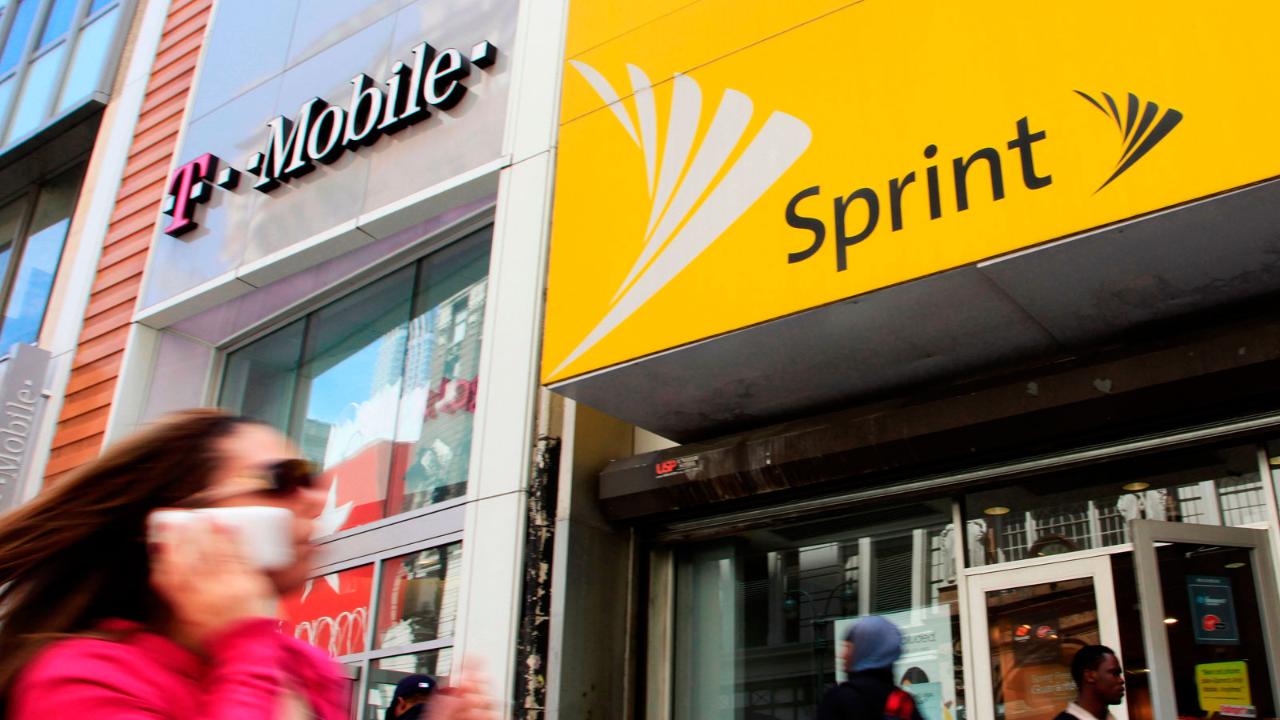Sprint, T-Mobile merger (and 5G) a 'tremendous' win for rural America
The proposed merger between Sprint and T-Mobile stands to play a crucial role in America’s race to 5G wireless technology, as well as ongoing efforts to help rural America catch up in today’s digital economy.
During a recent committee hearing on Capitol Hill regarding the $26.5 billion deal, lawmakers from rural districts asked witnesses why their constituents back home suffered poor wireless service. Interestingly, the very committee members most skeptical of the merger's ability to help rural America actually made the most persuasive arguments in its favor.
Rep. Ben Ray Lujan, D-N.M., said he received a better wireless signal in an airplane flying thousands of miles over his state than he did on the ground. Rep. Peter Welch, D-Vt., said his district had “no G.” Rep. Tom O’Halleran, D-Ariz., said the residents of his 58,000-square-mile district were on the “low end of the pole” for wireless and internet service.
If anything, congressional members made the case for how painfully inadequate today’s broadband and wireless options are for the 62 million rural Americans seeking to connect and stay connected to high-speed internet. Though rural access is growing, a survey released last year by Pew Research showed that nearly a quarter of rural Americans had “major problems” accessing a high-speed connection, while a majority reported connecting was “somewhat” of a problem. Meanwhile, a solid majority of urban and suburban residents reported no problem connecting.
Lack of access, poor connectivity and slow speeds will continue to plague rural America given the limitations of current 4G LTE technologies. The only path to reverse this course is through next-generation 5G technology. With data speeds more than 100 times faster, 5G presents a tremendous opportunity for rural Americans to shake off the limitations of today’s technology and close the digital divide. It further underscores why the Sprint, T-Mobile merger is so crucial for them.
The merger plan presented to company investors, shareholders and government regulators promises over 90 percent penetration of wireless capacity across America, with speeds of at least 100 Mbps by 2024. The merger includes over $40 billion in new, private investment in infrastructure and new technologies that will help connect 95.8 percent of rural Americans, or over 59 million people. This is a tremendous win for rural residents, many of whom still have issues with accessing something as simple as email due to poor coverage.
| Ticker | Security | Last | Change | Change % |
|---|---|---|---|---|
| S | SENTINELONE INC | 13.22 | +0.29 | +2.24% |
| TMUS | T-MOBILE US INC. | 197.39 | -4.47 | -2.21% |
| VZ | VERIZON COMMUNICATIONS INC. | 46.29 | -0.78 | -1.66% |
| T | AT&T INC. | 27.13 | -0.18 | -0.66% |
The Sprint, T-Mobile merger further shakes up the wireless industry by challenging the duopoly of Verizon and AT&T with a true third national carrier. It speeds our nation to 5G, strengthens U.S. leadership in technology and innovation, and brings the promise of true connectivity to everyone, from the most densely populated cities to the most sparsely populated counties.
Billions of dollars invested in faster and more accessible technology can only benefit rural America, a fact even merger opponents would have difficulty disputing.
CLICK HERE TO GET THE FOX BUSINESS APP
There are many positive reasons to support the merger, ranging from consumer benefits, to greater U.S. competitiveness, to more jobs and higher economic output. But one of the strongest cases to be made for the merger’s approval is on behalf of rural Americans. It creates the 5G heavyweight America needs, right when we need it, and upsets the status quo that has largely failed the rural residents of our nation.
Gerard Scimeca is an attorney and vice president of CASE, Consumer Action for a Strong Economy, a free-market consumer advocacy organization.




















